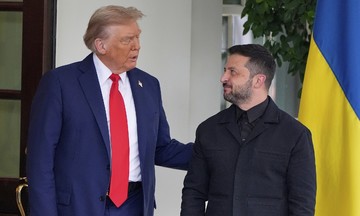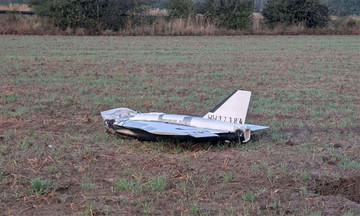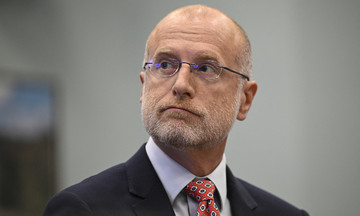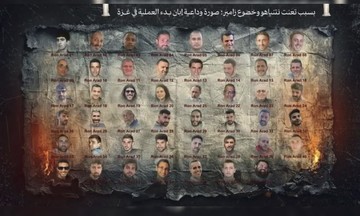Decision-making power in Israel's campaign against Hamas has become increasingly centralized in Prime Minister Benjamin Netanyahu, a shift described as "unprecedented" by Yohanan Plesner, president of the Israel Democracy Institute in Jerusalem. This concentration of power has strained Netanyahu's relationship with top security and military officials.
Traditionally, major decisions require consensus between political and military leaders. This principle has been broken, according to Plesner, a former centrist member of the Israeli parliament. He notes that the IDF Chief of Staff has been compelled to commit troops to a battle he doesn't fully support.
Three key issues have fueled the discord: the assault on Gaza City, the airstrike targeting Hamas leadership in Qatar, and the approach to ceasefire negotiations.
IDF Chief of Staff, Lieutenant General Eyal Zamir, voiced strong opposition to the Gaza City offensive, which Israeli leaders called a final Hamas stronghold. Despite Zamir's objections, Netanyahu ordered the ground operation into the city, where hundreds of thousands of Palestinian civilians remain trapped.
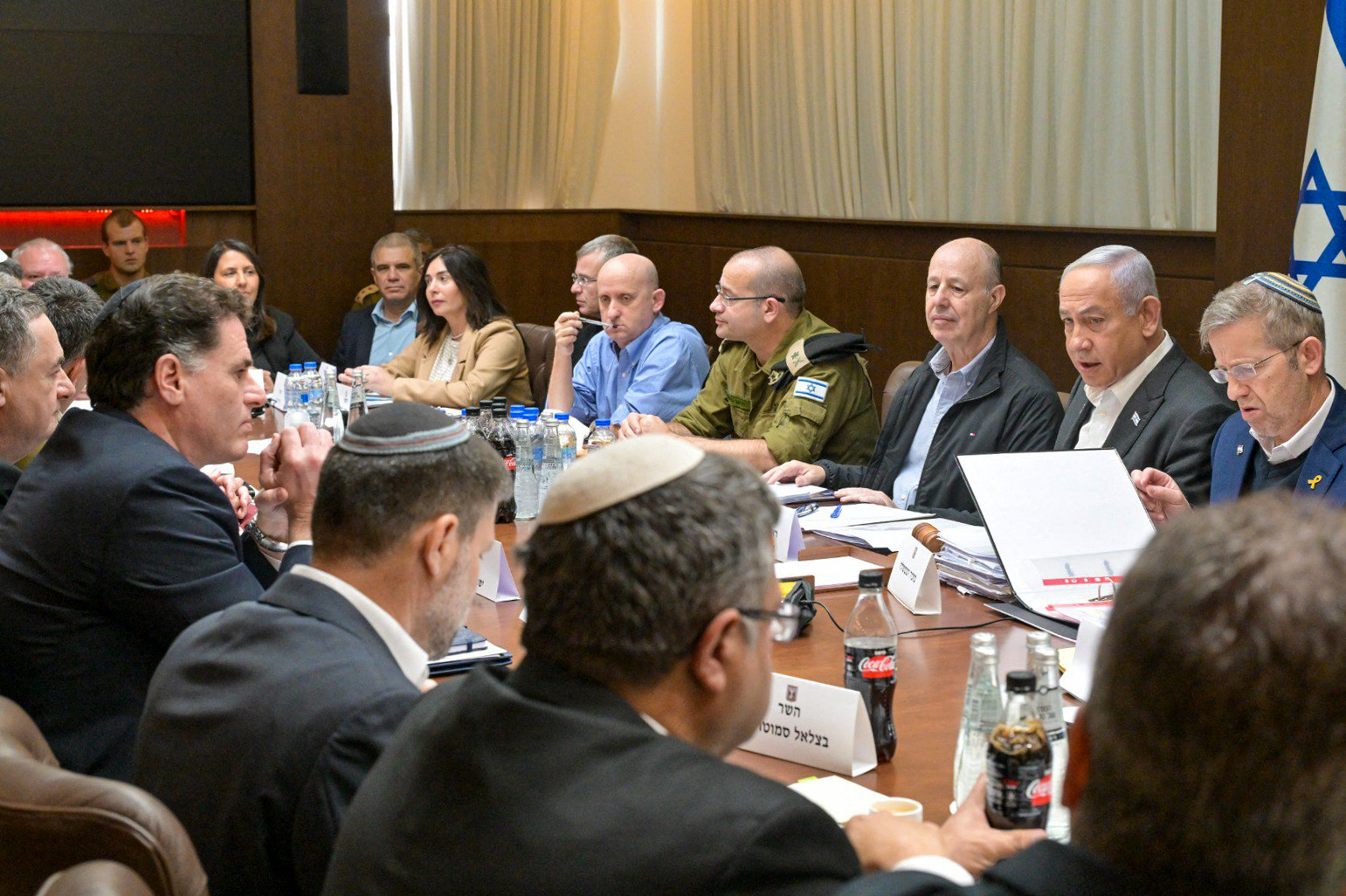 |
Prime Minister Benjamin Netanyahu during a cabinet meeting on the Gaza conflict in Jerusalem, 17/1. Photo: AFP |
Prime Minister Benjamin Netanyahu during a cabinet meeting on the Gaza conflict in Jerusalem, 17/1. Photo: AFP
Zamir expressed concerns about depleting reserve forces after nearly two years of fighting in Gaza and the potential burden of managing 2 million Palestinians. He also warned of risks to the hostages held by Hamas. "You must understand that attacking and controlling Gaza City means establishing a full military administration, with the IDF solely responsible for the lives of the local population," Zamir stated.
Just months after praising Zamir's "decisive approach" upon his appointment, Netanyahu has now disregarded his and other senior military and security officials' advice.
Both Zamir and Mossad Director David Barnea opposed the timing of the Israeli airstrike on Qatar, a mediator in the Gaza conflict and a close US ally. They favored continued ceasefire negotiations.
Their objections were overruled. On 9/9, the IDF deployed 15 fighter jets to the Red Sea and launched 10 missiles at the Hamas political leadership's offices in Doha, Qatar. The operation failed to eliminate the Hamas leaders, who had left the meeting room to pray. The strike drew international criticism and jeopardized negotiations.
In a press conference with US Secretary of State Marco Rubio on 15/9, Netanyahu defended the Doha attack, claiming it sent a strong message. "We wanted to send a message to our enemies that they will not be safe anywhere in the world," he said.
Netanyahu has also shifted his stance on ceasefire negotiations. Initially, he pursued a phased approach, beginning with a temporary truce and the release of some hostages. Now, he demands a comprehensive agreement with the simultaneous release of all hostages and an end to the fighting on Israeli terms. Hamas has rejected these demands.
Zamir, Barnea, and National Security Adviser Tzachi Hanegbi opposed these changes, favoring the previously proposed phased approach that Hamas had largely accepted.
Israeli military and security commanders are obligated to follow government decisions or resign. In a televised address, Zamir stated the Gaza City operation's goal was to defeat Hamas completely, demonstrating compliance with Netanyahu's orders. However, he emphasized the "national duty and moral obligation" to return the hostages.
Idit Shafran Gittleman, an expert on civil-military relations at the Institute for National Security Studies in Tel Aviv, noted Zamir's reluctance regarding the Gaza City operation. While disagreements between politicians and generals are common, she believes this conflict transcends tactics and strategy, reflecting a moral divide. One side prioritizes defeating Hamas at all costs, while the other emphasizes the safety of the hostages.
Polls indicate most Israelis favor a negotiated settlement for the hostages' release and an end to the conflict. Critics accuse Netanyahu of prolonging the war to consolidate power by appeasing the far-right within his ruling coalition and to deflect responsibility for the government's failure during the Hamas attack on 7/10/2023.
Both the Israeli military and government's reputations suffered after failing to protect communities bordering the Gaza Strip from the Hamas attack that killed approximately 1,200 people.
The military leadership, along with the Shin Bet internal security agency, accepted responsibility for the security lapse, leading to several high-ranking resignations. Netanyahu and his cabinet, however, continue to blame the security forces, exacerbating the rift.
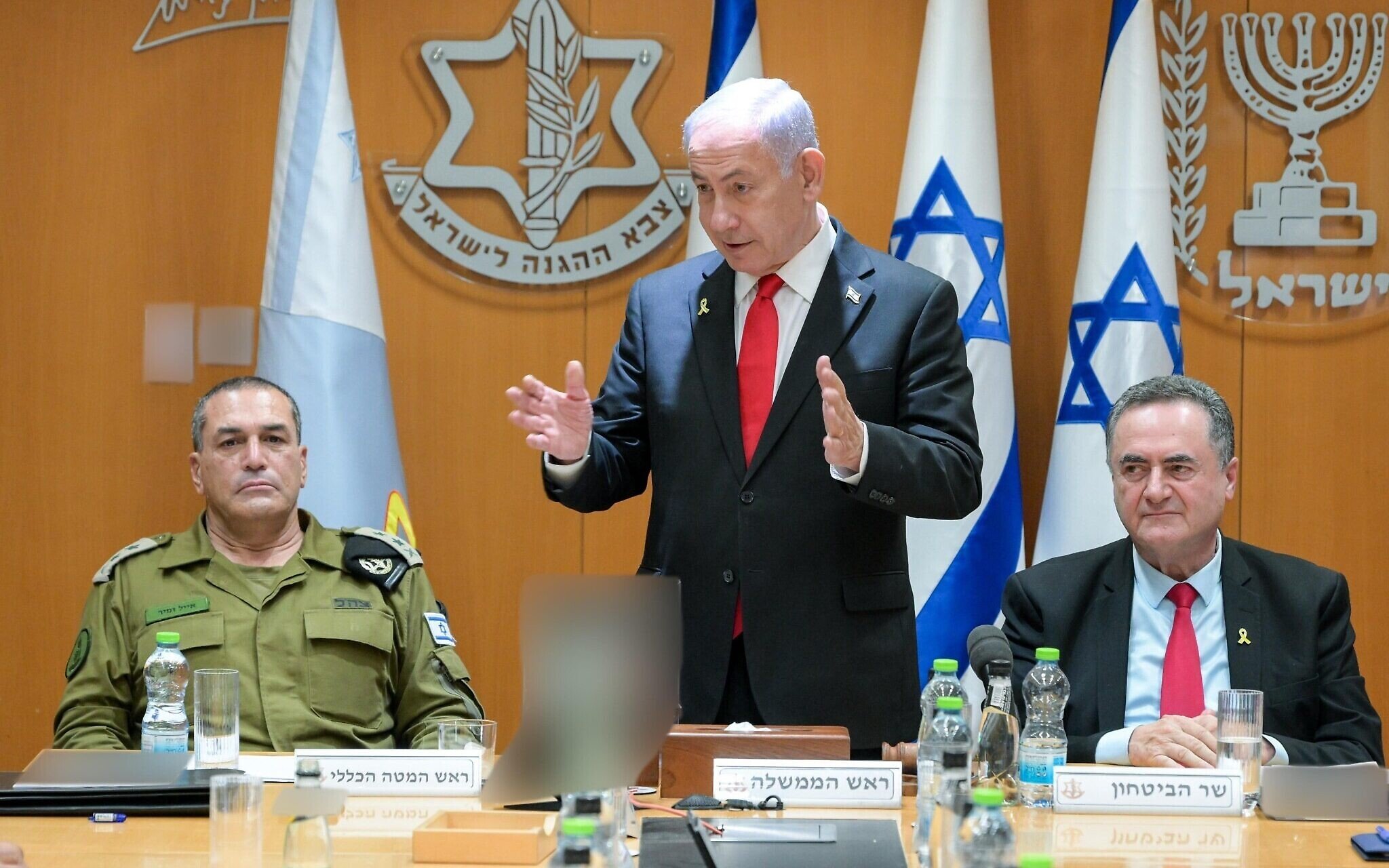 |
From left to right: IDF Chief of Staff Eyal Zamir, Prime Minister Benjamin Netanyahu, Israeli Defense Minister Katz during a meeting on 30/6. Photo: Times of Israel |
From left to right: IDF Chief of Staff Eyal Zamir, Prime Minister Benjamin Netanyahu, Israeli Defense Minister Katz during a meeting on 30/6. Photo: Times of Israel
Yossi Mekelberg, a professor of international relations and a member of Chatham House's MENA Program, described Netanyahu's decisions against strong military opposition as the "most serious crisis" in Israeli civil-military relations since the state's founding in 1948.
A group of Israeli reservists recently announced their refusal to serve in the Gaza City operation, citing hostage safety and humanitarian concerns. Yotam Vilk, spokesperson for the group "Soldiers for Hostages," stated their movement opposes efforts to "sabotage" hostage negotiations.
Beyond this focus, they also object to the Gaza conflict, arguing its objectives have become unclear. In a letter to the Military Advocate General, the group urged the IDF's highest legal authority to halt the Gaza City offensive, stating, "The order to attack Gaza City clearly exceeds all legal and moral standards. This order is clearly illegal and cannot be obeyed. Soldiers who comply may be held accountable.”
Vilk reported receiving no response to the letter.
Thanh Tam (CNN, Arab News, Times of Israel)






